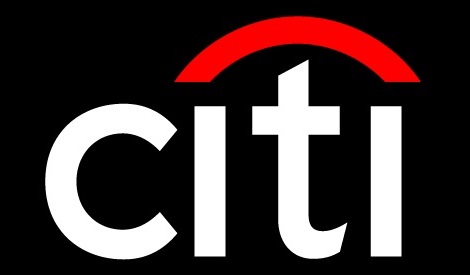Investors often get to hear about Buy ratings from Wall Street analysts. What they rarely get to hear is when brokerage firms’ analysts tell investors to sell a stock. It would also seem lofty to expect analysts to issue Sell ratings on other financial stocks due to a potential or loose conflict of interest. After all, if an analyst says to sell shares of a competitor, they may inadvertently be telling investors to sell shares of their employer.
24/7 Wall St. has identified two key Sell ratings that hit the financial sector this last week. We have shown what happened in the reaction, what other analysts expect going forward, and where the shares were in mid-Friday trading. These were the two financial “stocks to sell” from this past week, according to analysts.
Ambac Financial Group Inc. (NASDAQ: AMBC) has been a controversial and volatile stock since it came back to the market in 2013, but now one firm became very negative on the guarantor of public finance and structured finance obligations. MKM Partners took an already-cautious rating of Neutral and downgraded the stock to Sell on Friday. Even worse was the price target of $21.00, a full $10 under the $31.02 close on Thursday.
Ambac appears to only have two analysts covering it. One target is listed as $31, and this downgrade was to $21. With coverage this slim, it is hard to expect the public to want to follow it. Ambac even had a negative book value per share as of the end of 2013.
Citigroup Inc. (NYSE: C) took many downgrades this past week, based on its denial by the Federal Reserve to raise its dividend and stock buyback plan. A 0.1% yield just isn’t going to cut it, and we pointed out that the CEO handled this atrociously in the lack of communication.
Argus was one of the few research firms with a Sell rating here, and the firm said all over again on Friday, “Sell, Mortimer, sell.” The firm believes that Citi will remain pressured, despite trading at a 15% discount to its tangible book value of close to $55. Argus also trimmed earnings expectations and showed how its relative return on equity is far lower than that of J.P. Morgan and Wells Fargo. The real rub is that Argus showed how Citi has the most exposure to global growth and contraction.
Read Also: Morgan Stanley Starts Biotechs With Very Mixed Outlook
Thank you for reading! Have some feedback for us?
Contact the 24/7 Wall St. editorial team.


